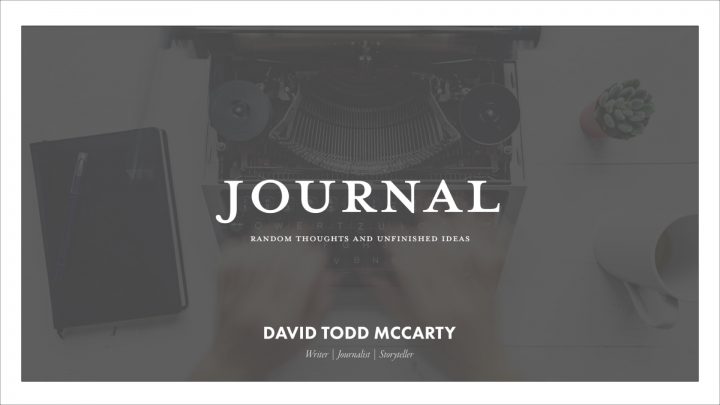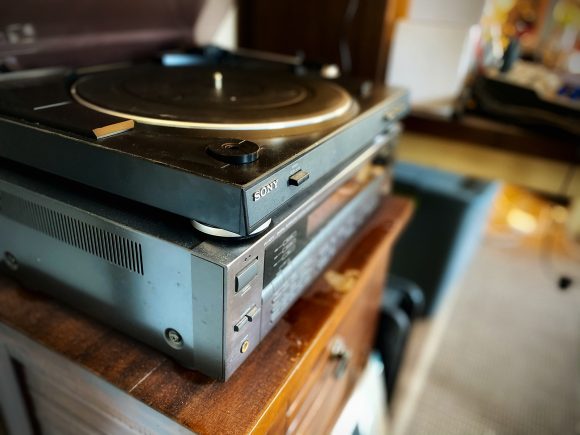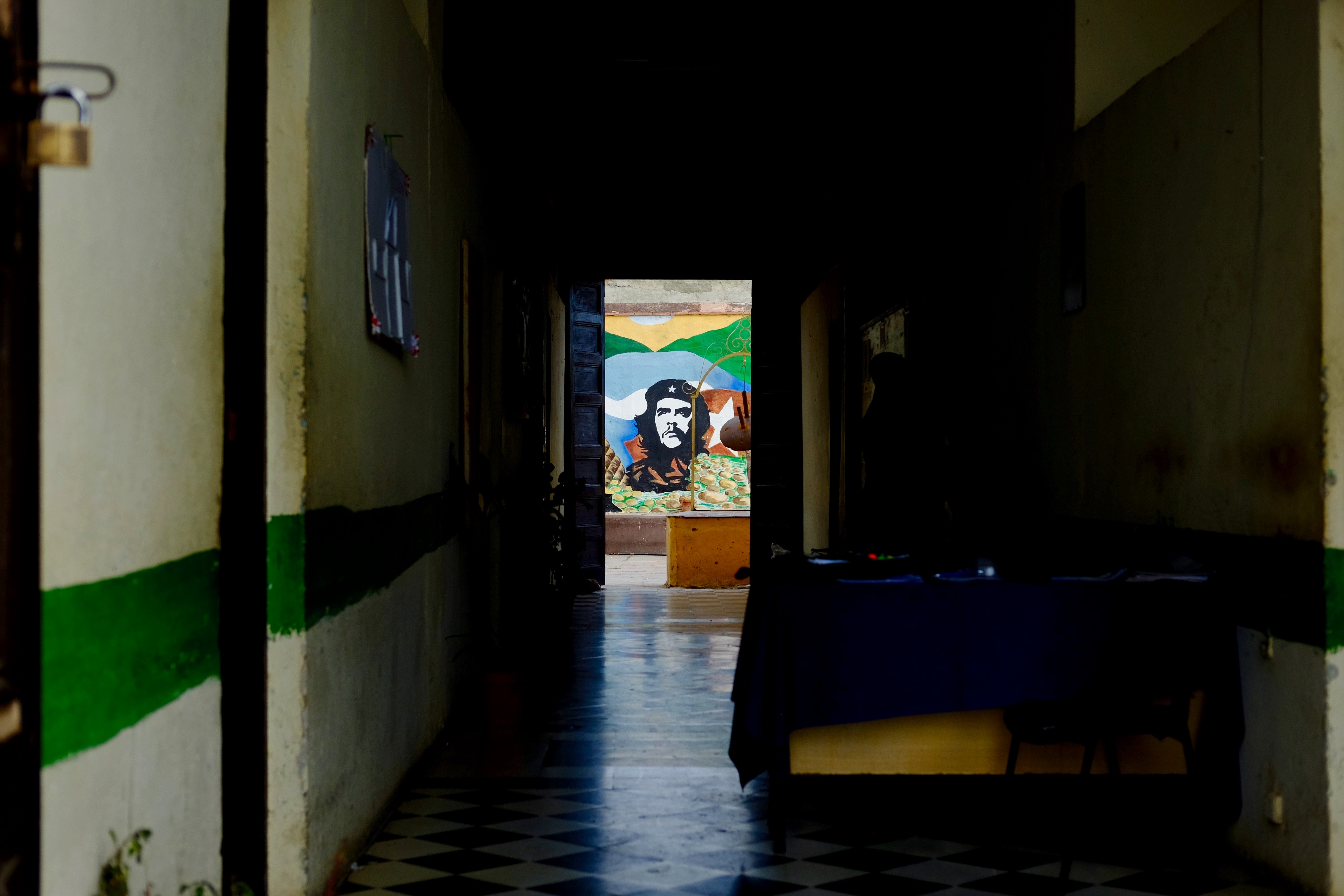
Journal 12.18.20
I’ve always enjoyed Anne Lamott—ever since that summer day when I discovered her in a tiny, gay bookstore in Cape May, New Jersey and then sat in the park, on a bench, and read these little stories, and laughed and cried and wondered at life, while waiting for my girlfriend to get off work.
She was sitting on a shelf, Anne not my girlfriend, just a trade paperback of the sort I used to read a lot of at that time, and I picked it up, read the back and maybe a few pages before deciding it was for me. The owner expressed real joy over the book and seemed genuinely pleased with my choice, even though it was probably a strange one given that I was a young, single, childless man buying a book about a single mother and her first year of being pregnant, giving birth and dealing with motherhood.
But that’s the sort of writer Anne is, and the sort I’ve always loved. She’s funny and dark and angry and frightened and curious and full of love and hope. I don’t really give a shit what she’s talking about as long as I get to sit in the back of the car and listen. It’s like all those years of listening to the Car Talk guys when I didn’t give a shit about cars.
It’s probably worth noting that it wasn’t really a gay bookstore per se. It was just a bookstore owned by a gay couple, which I’ll agree is an entirely different thing, but that’s how I always remember it, in that hazy sort of dream-like way that memory has. I can picture it clearly in my mind, even though to this day, I can’t tell you exactly where it was, only that it was in a little Queen Anne Victorian house in Cape May, near the center of town, precisely where it should be.
It was exactly the type of bookstore you hope to find in a small, seaside resort, but which are all too uncommon these days. It was neat and tidy, but old and crooked. The rooms were small and disjointed, and painted light colors, which made the whole place feel cozy and safe, like each section was open to discovery, but only to one or two people at a time. The books were all chosen with care, by someone who cherished stories and loved books.
I always got the feeling that the owners had read each book in the store, and knew a good story about each author, and if they weren’t actually on a first name basis with each one, had at least met them once or twice at a book-seller’s conference in San Francisco, Woodstock or Aspen.
It’s closed now, the bookstore, and has been for years. The last I saw him—one of the owners—he was running the gift shop at our local Audubon Society. He said they just couldn’t compete with Amazon and there weren’t enough people looking for a small, curated book shop in an old house in Cape May, which I find unfathomable personally, and believe is an indication that we have all made a critical error in judgement about the priorities in our culture.
The book I bought that sunny day in June was called Operating Instructions: A Journal of My Son’s First Year, and it would launch Anne Lamott to stardom in a weird corner of the world, but back then no one I knew had heard of her really.
Anne had always wanted to be a novelist, so she said, and probably still considers herself one, but I never liked her novels, even though I’ve purchased a half dozen of her other books. Maybe other people love them, but they are not my cup of tea. Probably because I am not, nor have I ever been, an anxious twelve year old girl living in California, which is the feeling I got from all her fiction.
I always found it strange that I could be so fascinated by the real life stories that she told concerning the most mundane aspects of her life, but so uninterested in the make-believe worlds she created. I blame myself, mostly.
Operating Instructions grew out of Anne’s journaling, excerpts that she must have shared at some point with her editor, and who convinced her to to turn them into a book. They are little nuggets of gold, half buried treasures of funny quotes, sad stories, soft memories and brilliant advice, all woven together into a glimpse into the life of a woman going through something extraordinary and revealing of the spirit of hope that things will be okay.
Lamott is an interesting figure in literature in that she’s a screaming liberal with an abiding love of Jesus and Christianity but also a deep seated fear of Republicans and the Religious Right. It’s an interesting mix that I can relate to, except I’m not nearly as sold as she is on the whole Jesus is our friend thing.
I’m trying to read her latest book, Almost Everything: Notes On Hope, which Amazon practically paid me to take off their hands, but I was struggling to get into it because while I certainly need a message of hope, I found myself having difficulty listening to someone speak about hope who believes that this life is not the point after all, but just something to make it through so we can get to the better place. I suppose that is very helpful for a great many people, but it requires you to believe in the reality of the next place, otherwise, we’re just treading water waiting for the big nothing.
But then she tells a story about having a childhood obsession with jumping from high places like buildings or bridges, and that she once made a deal with her therapist that she would tell whoever she was with that she had the urge to jump whenever she was in those situations, and not because she was suicidal or ever thought she would jump, but so that the feeling would have no longer have any power over her.
She then told the story of being in Egypt, with this pastor of a small Coptic Christian Church overlooking a dump, and they stood at this precipice and she told him of her feeling and her need to tell him. His response and her ability to relay it to the world is why I keep reading Anne Lamott and why I still have a mustard seed amount of faith.
She told him about her desire to jump and this Egyptian pastor, without skipping a beat, responded, “Oh, who doesn’t?”
My faith, such as it is, has always been a reflection of a shadow. The sort of thing you can’t look at directly, but must see out of the corner of your eye. Like a dream when you first wake up, that you know is there, but the more you think about it, the dimmer it appears in your mind. Which I guess, is how it’s supposed to be.
In the book of Matthew in the Bible, Jesus told his disciples, “If you have faith like a grain of mustard seed, you can say to this mountain, ‘Move from here to there,’ and it will move.”
I don’t know anything about moving mountains, and have never tried to grow mustard, but I have alway found that stories of people’s faith have always done more for me than anything the law ever did. I don’t see the light, I see the shadow that the light creates when it comes across another person. That corner of your peripheral vision where the shadows play. It’s not always enough, but everyone once in awhile it makes me not feel so angry and disappointed.
So I try to remember to look for people who play in the light, just so I might glimpse what happens in the shadows. It’s all I have really.






